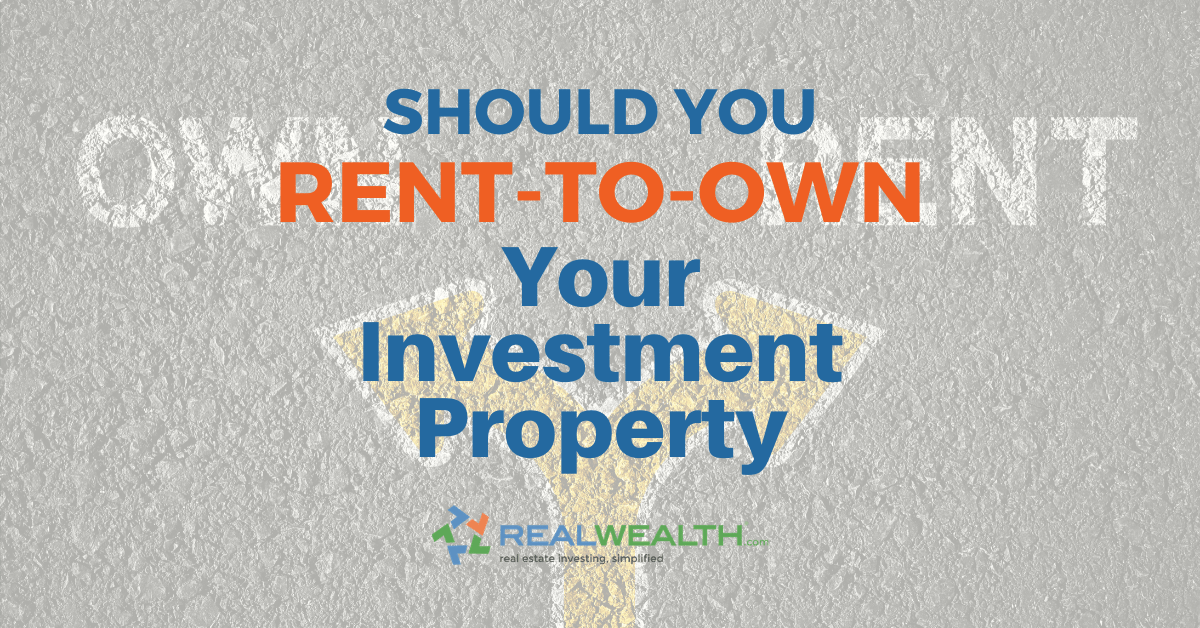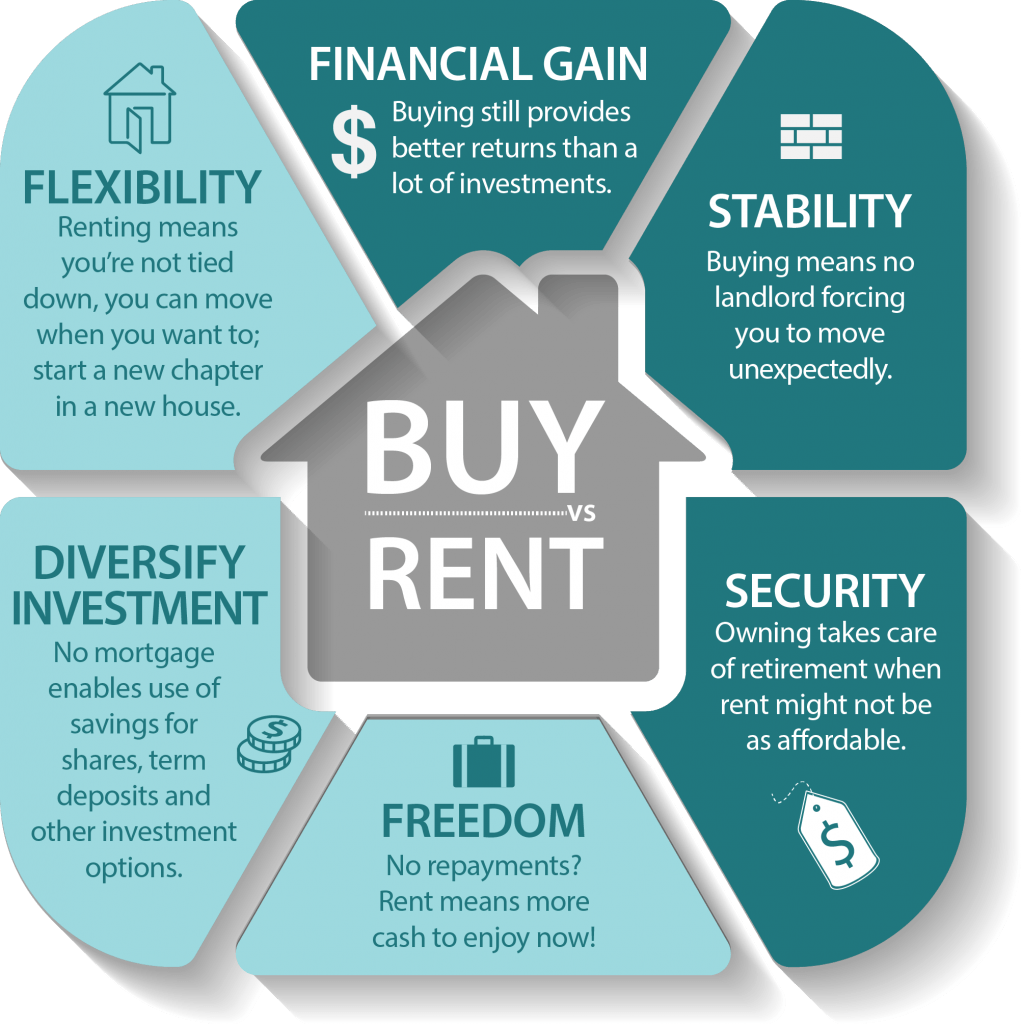

Exploring rent to own as a real estate investment can unlock unique opportunities , but is it the right path for you ? Many individuals dream of owning a home but face challenges such as down payment requirements or credit score limitations. Rent to own offers an alternative route to homeownership while offering investment potential for sellers. This article dives deep into the world of rent to own, explaining how it works , the benefits and risks involved, and how to determine if it aligns with your financial objectives. We will explore various facets including legal considerations, industry trends, and strategies for achievement, offering a thorough guide to navigating the rent to own landscape. From understanding the lease agreement to maximizing returns, we’ll cover all the essential information you need to make informed decisions.
Understanding Rent to Own Agreements
What is Rent to Own ?
Rent to own, also known as lease-to-own , is an agreement where a tenant rents a property for a specific period with an option to purchase it before the lease expires. A portion of the rent paid access-based during the lease period goes towards the eventual purchase price , creating a form of forced savings. This arscopement can be particularly appealing to individuals who may not qualify for a traditional mortgage but are committed to owning a home in the future. Consider a scenario where a young couple wants to buy a house but needs time to improve their credit score. A rent to own agreement allows them to move into their desired home immediately , work on their credit, and build equity simultaneously.
Key Components of a Rent to Own Contract
A rent to own contract typically consists of two main parts: a lease agreement and an option to purchase. The lease agreement outlines the terms of the rental period, including the monthly rent, duration, and responsibilities of both the tenant and the landlord. The option to purchase gives the tenant the right , but not the obligation , to buy the property at a predetermined price within a specified timeframe. Understanding these components is crucial for both parties involved to avoid misunderstandings and potential legal issues. For instance , the contract should clearly state how much of the monthly rent contributes to the purchase price and whether this amount is refundable if the tenant decides not to buy the property.
benefits of Rent to Own for Investors
Generating Income and Potential Appreciation
For real estate investors , rent to own can be a lucrative plan. It allows you to generate rental income while simultaneously positioning yourself for potential capital appreciation. By setting the purchase price in advance, you can benefit if the property value boosts during the lease period. This dual benefit makes rent to own an attractive option for those looking to diversify their investment portfolio. Imagine an investor who owns a property in an up-and-coming neighborhood. They can enter into a rent to own agreement , collect rent, and potentially sell the property at a higher price than initially anticipated , thanks to industry appreciation.
Attracting a Wider Pool of Potential Buyers
Rent to own arscopements can attract a broader scope of potential buyers who might not otherwise be able to afford a home. This is particularly true in industrys where traditional lending is tight or where there is a high demand for affordable housing. By offering a rent to own option, investors can tap into a industry segment that is often overlooked by traditional real estate transactions. Consider a situation where a property has been on the industry for an extended period with little interest. Offering a rent to own option might attract individuals who are hesitant to commit to a mortgage but are interested in eventually owning a home.
Risks and Considerations for Rent to Own
Potential for Property Damage or Neglect
One of the risks associated with rent to own is the potential for property damage or neglect by the tenant. Since the tenant does not yet own the property , they might not have the same level of commitment to its upkeep as a homeowner. As an investor , it’s essential to conduct regular inspections and include clauses in the contract that clearly outline the tenant’s responsibilities for maintaining the property. For example , a landlord might include a clause requiring the tenant to perform routine maintenance tasks such as lawn care and minor repairs.
Legal and Contractual Complexities
Rent to own agreements can be complex from a legal standpoint. It’s essential to have a well-drafted contract that clearly outlines the rights and responsibilities of both parties. This includes provisions for property maintenance , insurance , and what happens if either party defaults on the agreement. Seeking legal advice from a qualified real estate attorney is highly recommended. For instance , the contract should specify who is responsible for paying property taxes and homeowners insurance during the lease period.
What happens if the tenant decides not to buy the property in a rent to own agreement ?
If the tenant decides not to exercise their option to purchase the property , they typically forfeit the option money and any rent credits they have accumulated. The landlord retains ownership of the property and is complimentary to rent or sell it to someone else. It’s crucial for both parties to understand these terms clearly before entering into the agreement. The specifics can vary depending on the contract , but this is the most common scenario.
Is rent to own a good option for first-time homebuyers ?
Rent to own can be a viable option for first-time homebuyers who may not qualify for a traditional mortgage due to credit issues or lack of a substantial down payment. It allows them to move into a home , build equity over time , and improve their financial situation. However , it’s crucial to carefully review the contract and understand the terms and conditions before committing. Additionally , potential buyers should assess their long-term financial stability and ability to secure a mortgage in the future.
In conclusion , exploring rent to own as a real estate investment presents a unique path for both aspiring homeowners and seasoned investors alike. This plan offers a blend of potential benefits, including a lower barrier to entry for buyers and a steady income stream for sellers. However , it’s crucial to approach rent to own with due diligence , understanding the legal complexities and potential risks involved. Whether you’re looking to step onto the property ladder or diversify your investment portfolio , rent to own offers an intriguing alternative worth considering. Ready to learn more about how rent to own can benefit you ? Contact a real estate professional today to explore your options and make informed decisions!
